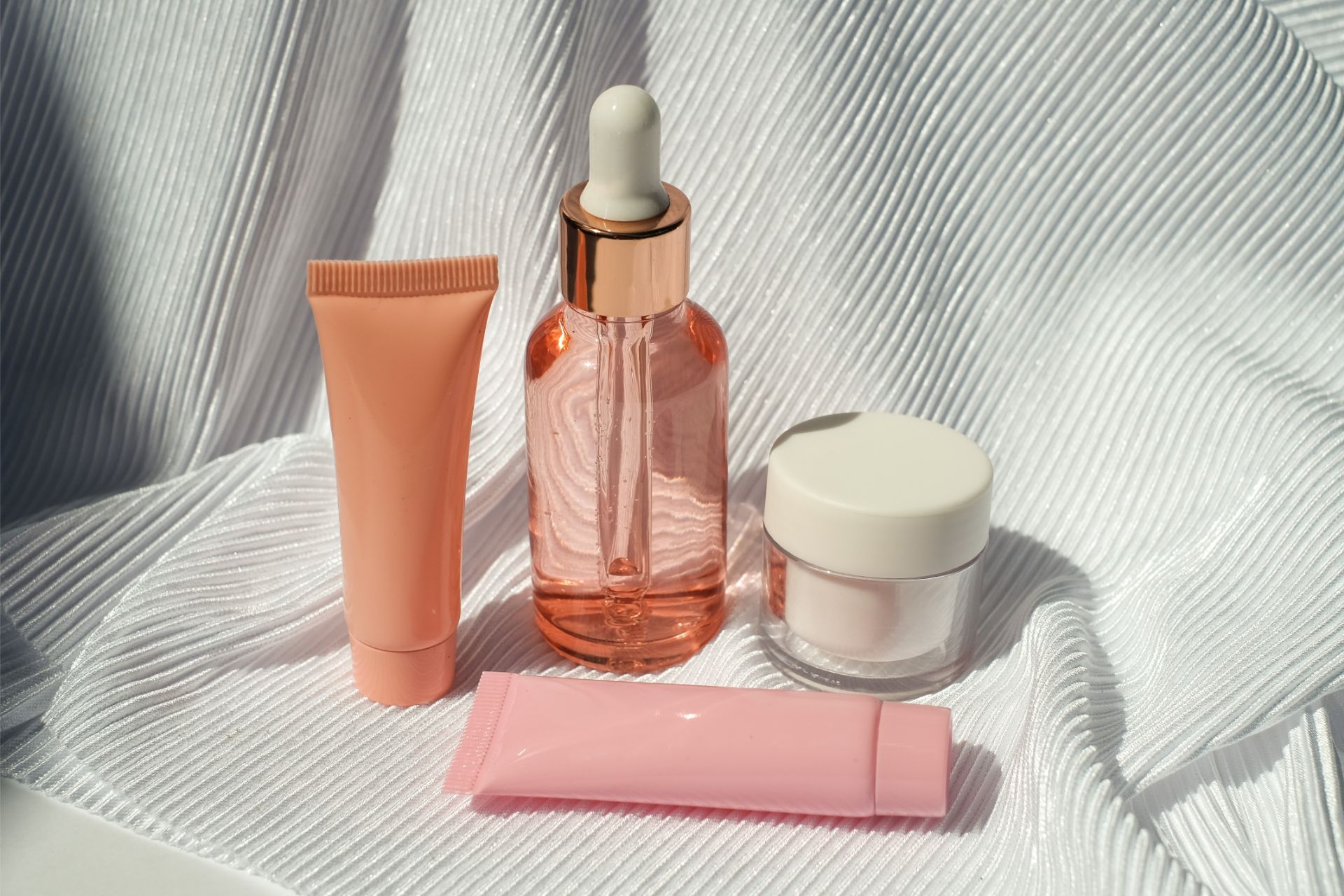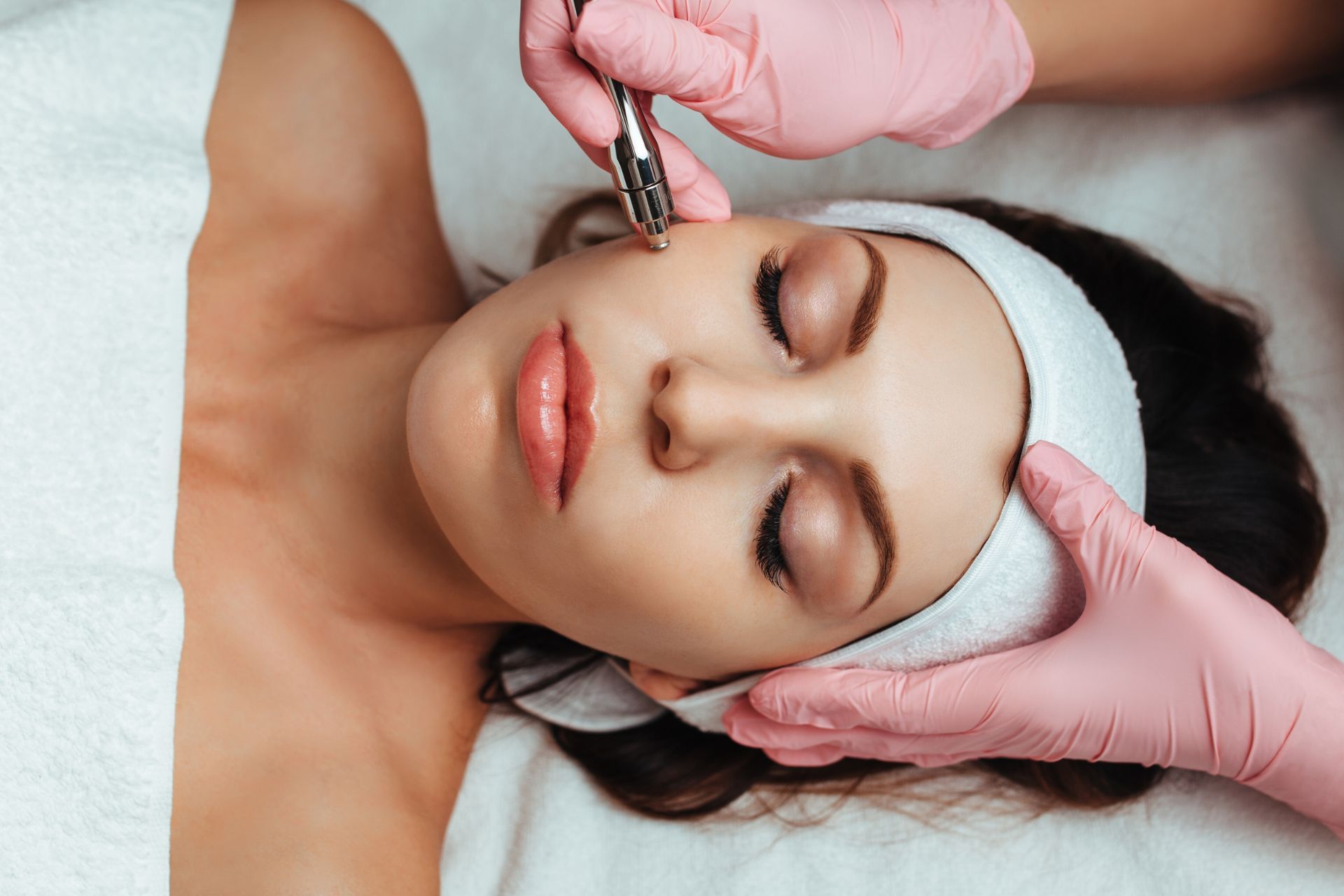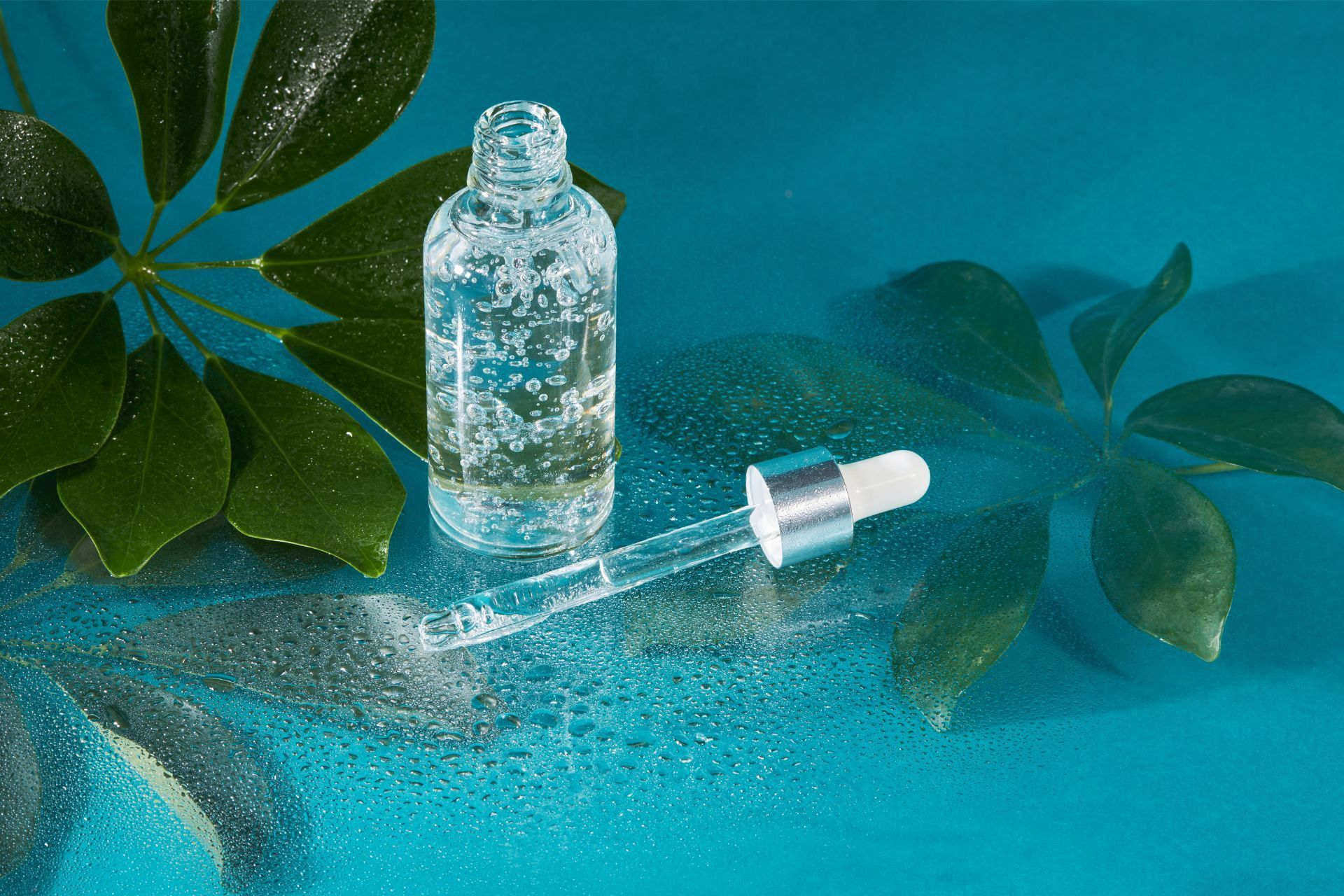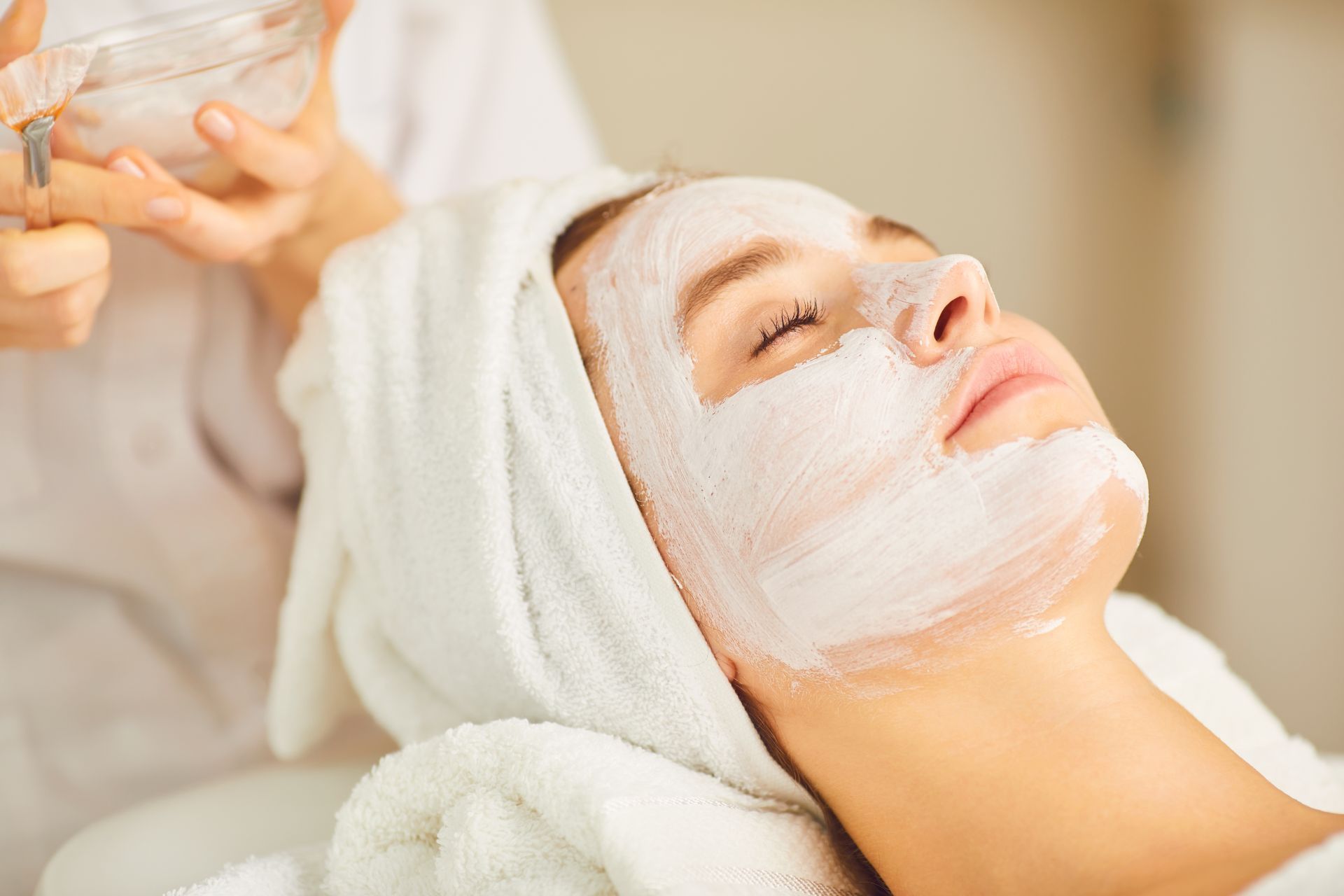Revealing Radiance: The Significance of Exfoliation in Skincare
In the pursuit of healthy, glowing skin, exfoliation is a major key to effective skincare. Exfoliation promotes skin renewal, clarity, and radiance. Let's dive into the importance of exfoliation and uncover why it deserves a place in your skincare routine.
Understanding Exfoliation:
Exfoliation is the process of removing dead skin cells from the skin's surface, leaving a smoother, brighter complexion underneath. Our skin naturally sheds dead cells, but this process slows down as we age. This leads to a buildup of dead skin cells, clogged pores, and a dull complexion. Exfoliation helps speed up this shedding process, revealing fresh and healthy skin underneath.
The Importance of Exfoliation:
- Improves Skin Texture: Dead skin cell buildup can leave the skin feeling rough and uneven. By exfoliating regularly, you can slough away these dead cells, smoothing the skin's surface and improving its texture. This results in a softer, silkier complexion that looks and feels rejuvenated.
- Unclogs Pores: Clogged pores are a common concern for many, leading to issues such as acne, blackheads, and whiteheads. Exfoliation helps to remove the debris, oil, and dead skin cells that can cause congestion in pores. Exfoliation allows pores to breathe and function properly. This reduces the likelihood of breakouts and promotes clearer, healthier-looking skin.
- Stimulates Cell Renewal: Exfoliation stimulates the skin's natural renewal process, encouraging the production of new skin cells. This turnover of cells helps to maintain the skin's youthful appearance, diminish the appearance of fine lines and wrinkles, and promote a radiant complexion. Regular exfoliation can also enhance the efficacy of other skincare products by allowing them to penetrate more deeply into the skin.
- Evens Skin Tone: Uneven skin tone, characterized by dark spots, hyperpigmentation, and discoloration, can take away from the overall appearance of the skin. Exfoliation helps to fade these imperfections by sloughing off the outermost layer of skin, where pigment irregularities are often concentrated. With consistent exfoliation, you can achieve a more even, glowy complexion.
Choosing the Right Exfoliant:
When it comes to exfoliation, there are two main types of exfoliants: physical and chemical. Physical exfoliants, such as scrubs, brushes, dermabrasion, and dermaplaning physically remove dead skin cells through friction. Chemical exfoliants, on the other hand, use ingredients like alpha hydroxy acids (AHAs) or beta hydroxy acids (BHAs) to dissolve dead skin cells and unclog pores.
It's essential to choose an exfoliant that suits your skin type and concerns. Those with sensitive skin may prefer gentler exfoliants, while oily or acne-prone skin may benefit from stronger formulations. It is recommended to start with a lower concentration and frequency of exfoliation, then gradually increase as your skin adjusts.
Incorporating Exfoliation into Your Routine:
To reap the benefits of exfoliation, it's important to incorporate it into your skincare routine consistently. Depending on your skin type and the type of exfoliant you're using, exfoliate 1-3 times per week. Be mindful not to over-exfoliate, as this can strip the skin of its natural oils and lead to irritation and sensitivity.
Exfoliation holds the key to unlocking radiant, healthy skin. By removing dead skin cells, unclogging pores, stimulating cell renewal, and evening skin tone, exfoliation transforms the complexion, leaving it smoother, clearer, and glowy. With the right exfoliant and a consistent routine, you can uncover the unfiltered beauty of your skin and radiate confidence from within.









